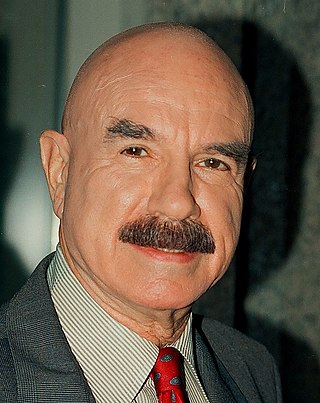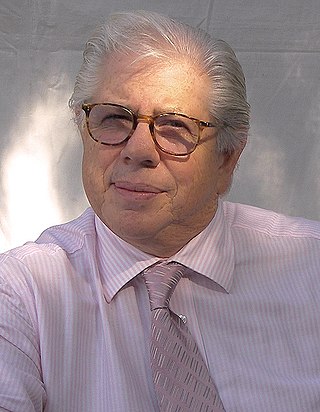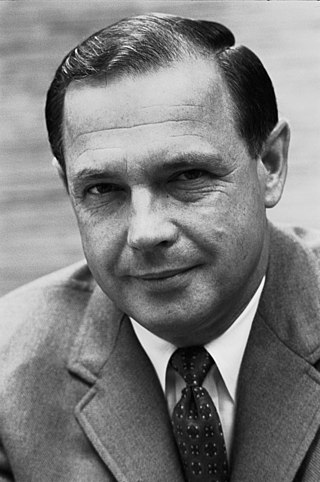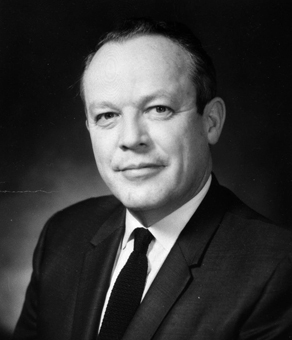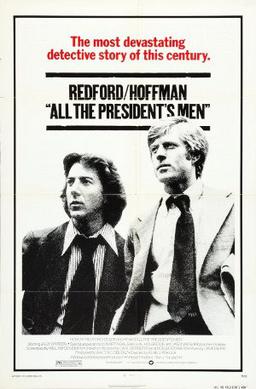Plot
Betsy Jobs and Arlene Lorenzo are two sweet-natured, ditzy teenagers living in Washington, D.C., in 1972. Betsy comes from a wealthy Georgetown family, while Arlene lives with her widowed mother in an apartment in the Watergate building.
On the night of the Watergate break-in, the girls sneak out of Arlene's home to mail a letter to enter a contest to win a date with teen idol singer Bobby Sherman. They sneak through the parking garage by taping the latch of a door, accidentally causing the break-in to be discovered. Seen by G. Gordon Liddy, they panic and run. The security guard is startled by the taped door and calls the police, who immediately arrest the burglars.
The next day, at the White House on a school tour, they happen across Liddy again. They do not recognize him, but he recognizes them and becomes suspicious. He points them out to H. R. Haldeman, who interrogates them. Their conversation (revealing the girls do not think about the president much) is interrupted by a phone call from his wife, and then by President Nixon himself, who takes Haldeman aside to complain about the bugging operation being fouled up.
The girls are awestruck at being in the same room as Nixon –but more so at being able to play with his dog, which gives him an idea. To keep their silence, he appoints them his official dogwalkers –which means they must be admitted repeatedly to the White House. On these visits they accidentally influence major events such as the Vietnam peace process and the Nixon– Brezhnev accord, by bringing along cookies that they have inadvertently baked marijuana into.
Later, when Betsy's brother, Larry, reveals the cookies' "secret ingredient" and hears the President ate them, he concludes that this explains Nixon's paranoia. The girls become familiar with the Nixon administration's key players, including Henry Kissinger, and accidentally learn the major secrets of the Watergate scandal.
Arlene, previously infatuated with Bobby Sherman, now falls equally hard for the president. Just after reading an 18½-minute message of love into his tape recorder, she plays back another part of the tape, hears his coarse, brutal rantings, and realizes his true nature. When they confront Nixon, he fires and threatens them.
They now reevaluate what they have learned and decide to reveal everything to the "radical muckraking bastards" (Nixon's words) at The Washington Post , Bob Woodward and Carl Bernstein. So they become informants: two 15-year-old girls are the true identity of the famous Deep Throat (Betsy's brother had just been caught watching the film of the same name).
Woodward and Bernstein –portrayed as petty, childish, and incompetent –are naturally skeptical of the two girls. To make matters worse, their only piece of physical evidence, a list of names of those involved from the Committee to Re-Elect the President, is eaten by Betsy's dog.
Nixon's men realize the girls are a real threat and attempt tactics such as bugging and undercover agents to discover what they know, going so far as to break into Betsy's house and plant an agent as Arlene's mother's boyfriend. Eventually pushed to the limit after being chased by the Watergate "plumbers", they decide to take action.
Sneaking into Haldeman's house, the girls find and take a crucial tape recording. They give a transcription of it to Woodward and Bernstein (keeping the tape as a "souvenir"), thus ending Nixon's political career. Nixon finds Arlene's message on his tape and erases it, reasoning that he would be "crucified" if it was perceived that he had an affair with a 15-year-old girl.
Following his resignation, as his helicopter flies over Betsy's house, the girls hold up a sign with the phrase "You suck, Dick", further angering the now ex-president.
Reception
On the review aggregator website Rotten Tomatoes, Dick holds an approval rating of 72% based on 74 reviews, with an average rating of 6.4/10. The website's critics consensus reads, "A clever, funny slice of alternate history, Dick farcically re-imagines the Watergate era and largely succeeds, thanks to quirky, winning performances from Michelle Williams, Kirsten Dunst and Will Ferrell." [10] On Metacritic, the film has a score of 65 out of 100 based on reviews from 21 critics. [11]
Leonard Maltin gave the film three stars, calling it a "clever cross of Clueless and All the President’s Men ". [12] Todd McCarthy, in his review for Variety , called it an "audacious, imaginative political comedy" that will appeal more to adults than teenagers. [13] Stephen Holden of The New York Times described it as "an uproariously dizzy satire" that was inspired by the Lewinsky scandal. [14] Writing for the Los Angeles Times, Kevin Thomas said the film "is so sharp and funny it should appeal to all ages". [15] Rita Kempley of The Washington Post described it as "more fun than you ever thought you'd have with Richard Nixon". [16] The film's acting received critical commentary. Thomas positively compared Hedaya's performance to Anthony Hopkins in Nixon , [15] and Kempley called Hedaya "no less adept" than Hopkins. [16] Holden wrote that Hedaya's portrayal of Nixon is "the year's funniest film caricature". [14] Thomas called Dunst and Williams "a constant delight". [15]





